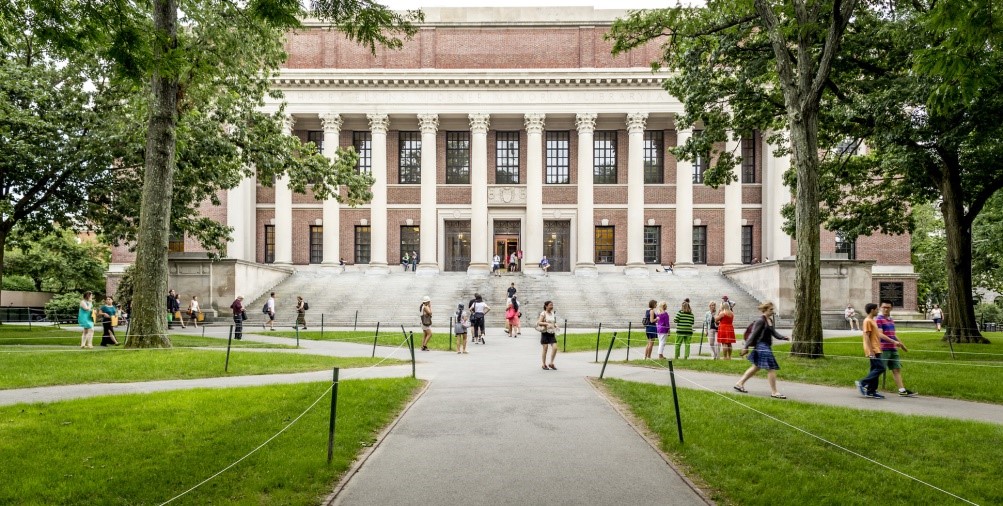Whenever the balance of power in the nation’s Congress changes dramatically, institutions of higher education move to rework their government relations practices. In recent years, more and more of them have chosen to hire professional Washington DC lobbyists to maintain a strong presence in the nation’s Capitol. Whatever a college or university’s status—that is, non-profit or for-profit—all compete for government attention on three basic fronts:
- attaining at least a fair share of Federal dollars available for research and other programs and initiatives
- influencing legislation favorable to corporations and non-governmental organizations that may offer funding in a variety of areas
- influencing legislation favorable to the educational mission
Lobbying to Build Awareness
Universities and colleges face intense competition when aiming to attract funding for important research initiatives. Enhanced visibility is just a first step in the lobbying effort, but it is a vital one. Lobbying at the top levels of government is an effective way for universities and colleges to raise their visibility on the national stage. They will be positioned to keep tabs on student grant and loan issues, and keep key legislators informed of the financial challenges students face.
 Some Key Results
Some Key Results
Many complex factors influence the decision to grant funds, and a structured lobbying effort helps create awareness and visibility, part of the requisite relationship-building among legislators and their staff members. The results for many schools are evidence of how effective this approach can be, for example:
- Following lobbying expenditures of $261,000 in 2012 and $241,000 in 2013, the University of Kentucky was awarded a grant of $3.75 million by the Centers for Disease Control and Prevention (CDC). The funding established a program to promote colorectal screenings in the Central Appalachia region.2
- In 2012 and 2013, the University of Illinois spent $930,000 on lobbying, and eventually obtained $19.5 million through the Affordable Care Act for medical teams to focus on children’s health needs in various Chicago neighborhoods.2
- In 2012-2013, Purdue University spent $985,000 in lobbying, and later announced federal grants, including $1.5 million from the NSF for “nanomaterial” research, and $5 million from the USAID for research into reducing food waste to curb poverty and hunger in sub-Saharan countries.2
Beyond research funding, colleges and universities share vital interests in Federal legislative action that affect key areas, like:
- Pell Grants, awarded based on financial need, primarily for undergraduate degree programs
- Policies that support preparing students to succeed in the globalized workforce3
Open-Door Lobbying
In the not-so-distant past, only a budget-based kind of “Big 12” of institutions could consider paying professional lobbyists to represent their interests. Now, access to effective lobbying is affordable for even the smallest college with a limited budget for advocacy, through Lobbyit’s tiered structure of services. They’ve opened the doors to the once mysterious lobbying world, with reasonable monthly rates and a choice of clearly outlined deliverables. Call for detailed information at 202.587.2736, or email your questions to info@lobbyit.com.
Sources:

